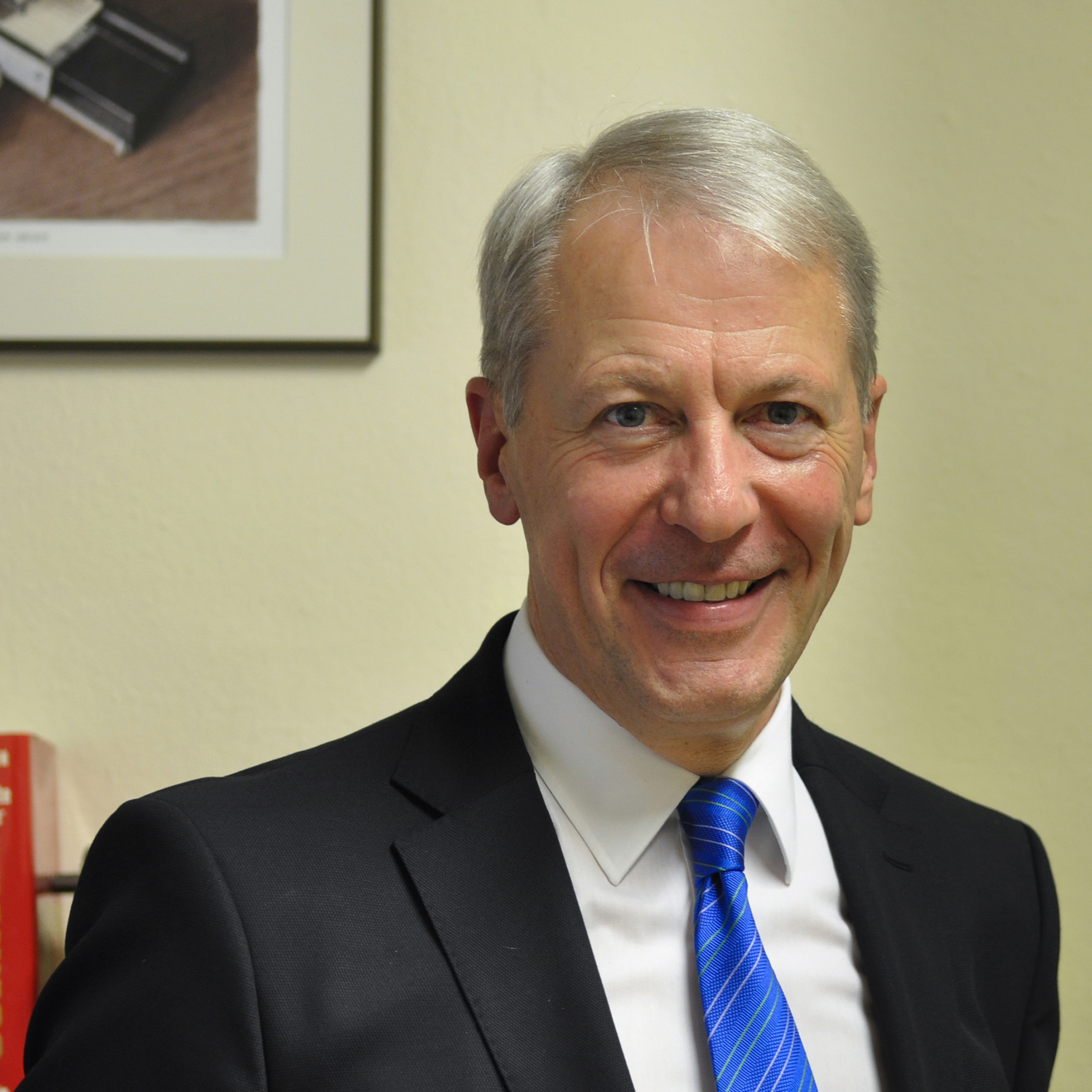
Introduction
Until not so long ago, it was difficult to imagine that companies would give the wellbeing of their employees the same priority as turnover and profit. Happiness at work was little more than “taboo”, and it was not until well into the twentieth century that different psychologists and economic thinkers called for incorporating the human factor into the organizational framework. In the last two decades, research has shown that the need to achieve a high turnover and profit is not at odds with the wellbeing of employees. On the contrary, according to different studies, an agreeable working climate and confidence in our colleagues has three important consequences: it increases their level of wellbeing and motivation, it makes them more productive, and it increases the performance of the organization. Today, the notion that a person – besides being qualified, efficient and flexible – has the right to feel respected and valued, is accepted in practically all organizations.
However, one of the consequences of the increasingly competitive and accelerated lifestyle in Western society is that many people find it difficult to manage stress, maintain motivation and find satisfaction in the workplace. The question of how to meet these challenges is complex and there are certainly no magic recipes. Positive psychology, a science that belongs to the realm of psychology, and which studies aspects such as optimism, hope, motivation, or character strengths, can serve as a guide and point out methods for achieving greater wellbeing in the workplace.
Positive psychology and positive thinking
The fundamental difference between positive psychology and positive thinking is that the former is based on scientific research, whereas positive thinking is guided more by cautions, implying that what happens to us in life is our fault. Besides, positive thinking encourages us to focus only on the good aspects of life, while positive psychology clearly points out that negative events or emotions not only exist but are important and necessary. It is also worth noting that positive psychology does not claim to convert people who are not interested in the subject of wellbeing or happiness. In the words of Martin Seligman, science must be “descriptive,” i.e., display and inform, and not “prescriptive,” in other words, tell us what we must do.
Positive psychology interventions
In her widely acclaimed book “The How Of Happiness” (2008), Sonja Lyubomirsky suggested 12 activities or techniques that are backed by scientific investigation. These include exercises related to gratitude, optimism, overthinking, social comparison, acts of kindness, coping strategies, forgiveness, flow, savouring, choosing the right goals, religion and spirituality, and taking care of the body.
In my position as a business and executive coach, I have worked face-to-face with nearly 200 professionals from small, medium-sized, and large organizations. On commenting the theory and possible benefits of positive psychology techniques, my clients have always shown great interest. However, when a person chooses at their discretion some of these techniques, it is necessary for them to ensure what Sonja Lyubomirsky calls the “person-activity-fit”. If an individual chooses the right activity or intervention, they may feel motivated, persevere, and very likely end up obtaining positive results. Per contra, an inappropriate choice of the activity can easily lead to frustration or even abandon. Therefore, a person should previously examine if the chosen activity fits their character and lifestyle.
In my experience, and according to the testimony of my clients, the following five interventions have had the biggest positive impact:
Cultivating a healthy lifestyle
Although it may seem that this intervention has little to do with wellbeing at work, the reality is quite different. In fact, many of the problems we encounter every day in the workplace (mainly stress, fatigue, anxiety, and irritability) could be reduced, if we considered the results of different scientific studies.
Psychiatrist and Harvard University professor John Ratey has shown that exercise, in addition to the benefits for our body, provides a sense of achievement, helps us to relax, releases endorphins, increases self-esteem and even helps to prevent and overcome depression. Even in sedentary jobs, our physical energy is the basis for high performance. If we do not take care of ourselves physically, we will perform below our potential. Physical maintenance and “recharging our batteries” are essential to our performance. We are much more productive if we devote part of our time to physical exercise. We can achieve this not only through sport, but through any energy-consuming activity, such as walking.
Regarding rest, physician and sleep medicine pioneer William Dement states that, in order to achieve our optimal state of functioning, we should get between seven and nine hours of sleep each night, and thus properly regulate our mood, energy and alertness. In fact, shortening our sleeping hours is putting our bodies and brains in a dangerous state. A person who does not get enough sleep is limited in their ability to react, their creativity or their ability to stay calm in stressful situations.
Savouring
According to Fred Bryant and Joseph Veroff, savouring can influence considerably a person´s level of wellbeing. It is a strategy that compensates for the so-called negativity bias that humans developed during the different periods of evolution, and which led individuals to focus more on negative things or threats in order to ensure survival. Savouring is the capacity to appreciate positive events of one´s daily life. The benefits of savouring can be achieved when an individual slows down, focuses on their surroundings and enjoys the pleasant moments. Although most people would relate savouring to present events, this intentional activity is not limited to any given time frame and can thus be linked with an event in the future (i.e., looking forward to something) or in the past (i.e., remembering pleasant moments).
Character strengths
Personal or character strengths are regarded one of the most relevant aspects in an individual´s personal and professional evolution. There is no person without any strengths, and it is commonly agreed by researchers that a correct identification and mobilization of one´s strengths can improve performance, increase the level of energy, and enhance general wellbeing. Despite these advantages, many people do not know what their strengths are and/or do not apply them enough. In fact, research suggests that seventy per cent of Western population do not know their character strengths or use them deliberately. In positive psychology, strengths are those traits present over time and considered morally good. Christopher Peterson and Martin Seligman identified 24 strengths, compiled in the “Values in Action Inventory of Strengths (VIA)”, while Alex Linley and his team at Cappfinity classified 60 strengths in their “Strengths Profile”. These features are valued in almost all cultures and can be trained and improved. Every individual has these strengths, and depending on each person, some strengths are more predominant than others. With reference to the workplace, several studies imply that motivation, relationships, resilience, and performance can be increased, and stress can be relieved when personal strengths are discreetly put into practice.
Kindness
Kindness is a behaviour related to an ethical predilection. Apart from being regarded as a virtue in most societies, kindness has also been examined from a scientific perspective. Sonja Lyubomirsky and her team drew attention to the reciprocal effect, i.e., acts of kindness are beneficial both for the person who offers and for the person who receives, and to the fact that kindness increases our level of self-confidence, energy and wellbeing. James Fowler and Nicholas Christakis described a domino effect, according to which an act of kindness leads to other acts of kindness by more and more people. Additionally, Adam Grant showed that acts of kindness in the workplace can have an impact on achievement and general wellbeing, while Helen Weng and her colleagues pointed out that benevolent behaviour can be positively adjusted through practice.
Gratitude
In the field of psychology, gratitude is regarded as a state of wonder, appreciation for life and thankfulness. Being grateful brings meaning to our life and prepares the individual to rise above difficulties. Apart from these internal consequences, gratitude provokes a prosocial attitude and favours collective wellbeing. A study carried out by Martin Seligman revealed that the activity known as “Three good things” appeared to have a major effect on wellbeing, enhancing positive feelings and reducing symptoms of depression for a duration of up to six months. The essence of this gratitude exercise is to remember, write down and reflect on three things that went well every day, for one week.
As mentioned, these exercises or interventions have been considered remarkably – in some cases even extremely – helpful by my clients to increase their wellbeing.
Conclusions
Even though wellbeing, in its widest sense, is still not present in all organizations and at all levels, considerable progress has been achieved in the last twenty years through policies such as corporate social responsibility, work-life balance schemes, training and coaching programmes or sustainability projects, promoted by the companies.
There seem to be few doubts that the combination of these policies and the practice of positive psychology exercises, can highly benefit the person as an individual, their families, and the company they work for. It is a win-win situation, as we can all gain enormously from this shift towards a more positive approach.


